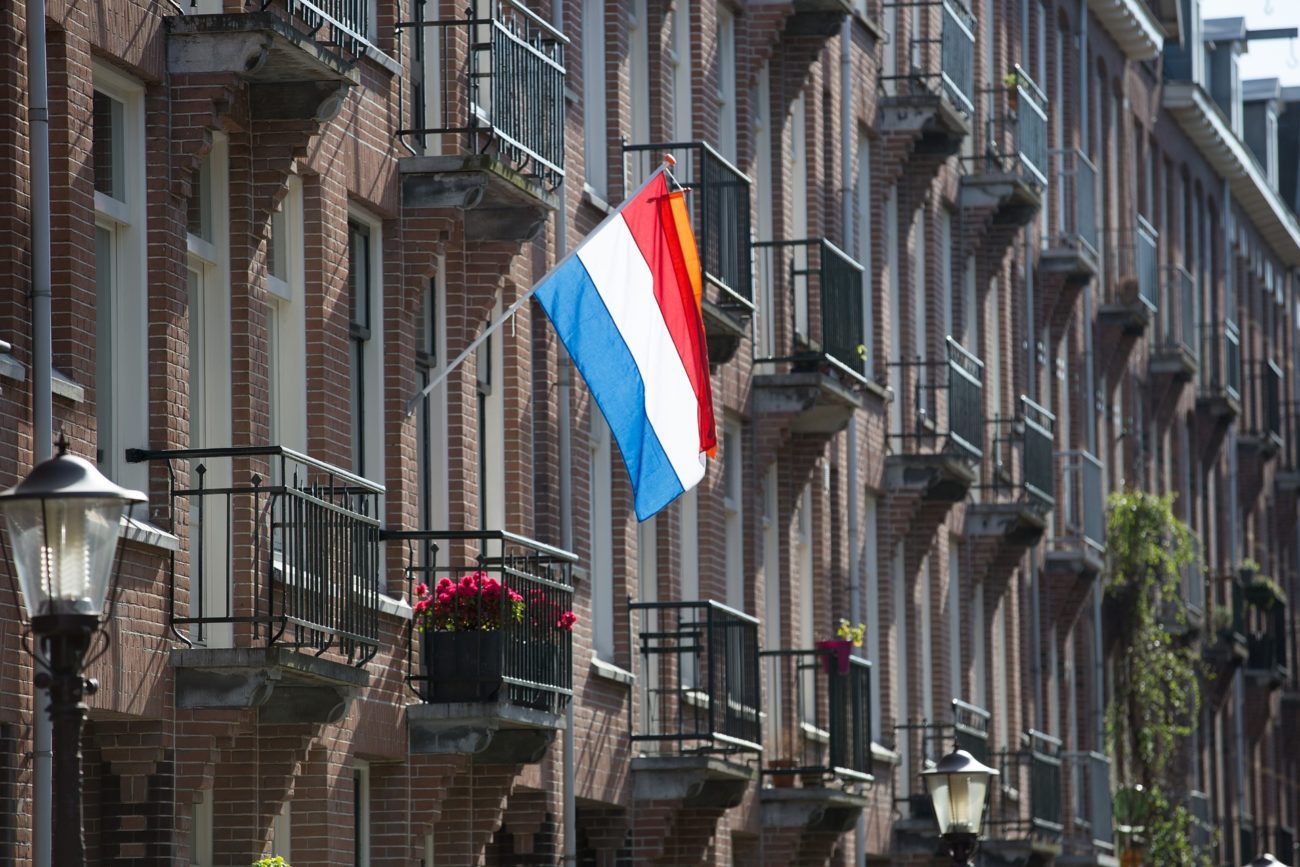Dutch government confirms 1 July start for gambling ad ban

First announced by Weerwind in July 2022, the initial plan was to ban adverts in public spaces, television or radio from 1 January. However, Weerwind delayed its implementation in October, due to public consultations regarding the law being ongoing.
Last month, Weerwind said that the ban would come into place no later than 1 July, with this having now been confirmed as the formal start date of the ban.
The new date provides clarity to a subject which has been the cause of much public consternation in the Netherlands, namely the issue of children seeing gambling advertising.
“Advertising is necessary to make the legal offer of online games of chance known, so that people do not play illegally,” Weerwind said. “At the same time, as a government, we also have a duty to protect vulnerable groups against the risks of online games of chance.
“With this ban, vulnerable groups, especially young people, come into less contact with these advertisements and we limit the temptation to engage in high-risk games of chance.”
Online ads remain
All television and radio adverts, as well as ads in public spaces, such as on billboards, will be banned from 1 July. However, advertising on the internet and television on demand will be allowed, but under strict conditions.
Internet advertising such as social media and targeted advertisements will only be permitted if an operator can actively prevent these adverts from reaching young people under the age of 24. Targeted ads at consumers in this age bracket is illegal in the Netherlands.
Operators must also show that at least 95% of the advertising reached people who were 24 years or older, while consumers should be given the chance to indicate that they do not want to see these adverts.
“We have listened carefully to the advice that has been given”
Speaking to Casinonieuws about the ban, Charlotte Hees, spokesperson for the Ministry of Justice and Security, said a blanket ban on advertising so that no ads would reach young people would be “too great a risk” and could lead to consumers turning to illegal operators.
“We have listened carefully to the advice that has been given; that is nowhere realistic,” Hees said. “Then you get a total ban on advertising and the risk is too great that people end up on the path of illegal gambling.
“95% 24+ is strict, but it appears to be feasible based on an inventory of media parties. That may not be feasible on all websites and advertising is therefore no longer allowed there.”
The ban will include a period of tradition whereby existing deals will be permitted to remain in place for a set amount of time.
The period for sponsorship of TV programmes and events lasts until 1 July 2024, while deals within the sports sector, such as shirt sponsorship agreements, are permitted until 1 July 2025. After this date, sponsorship by licensed operators will be prohibited.
“The transitional period is limited to sponsorship agreements concluded before the date of entry into force of this decision,” Hees said. “There is no room to conclude new agreements during this period. This would detract too much from the purpose of the decision to reduce the amount of untargeted advertising and its wide reach.”
Ban draws praise and criticism
The ban has drawn praise from a number of political parties, campaign groups and other organisations that have previously spoken out against gambling advertising in the country.
“I am pleased that the ban on untargeted advertising for high-risk games of chance is finally coming into effect,” said Michiel van Nispen of the Socialist Party. “I have been politically committed to this for a long time. Because we see that it is risky to encourage people to gamble online because it can cause such problems, for people and society.”
“This decision ignores the importance of advertising”
However, Helma Lodders, chairman of trade association VNLOK, hit out at the new law, saying it ignores the social responsibility that licensed operators already take
“Finding a good balance between advertising enough to lead people from the illegal to the legal offer and protecting vulnerable groups as well as possible is difficult,” Lodders said. “Yet that is the common task for the minister and for us.
“We understand the concerns of society that advertising should not lead to more problem players. However, this decision ignores the importance of advertising and ignores the social responsibility that providers already take.
“We are sceptical whether this decision offers protection to vulnerable groups. We ask the minister to monitor the consequences of this decision to prevent a counterproductive effect.”
